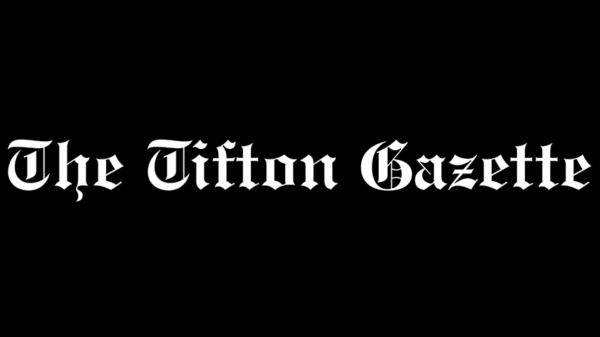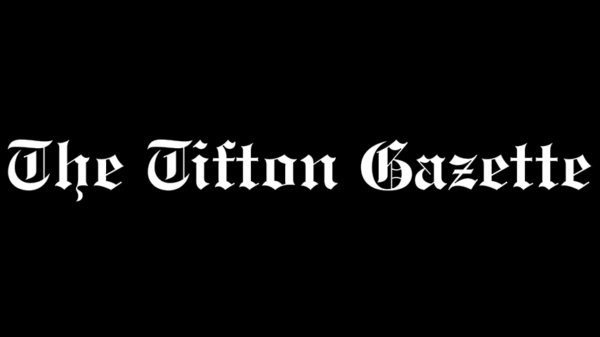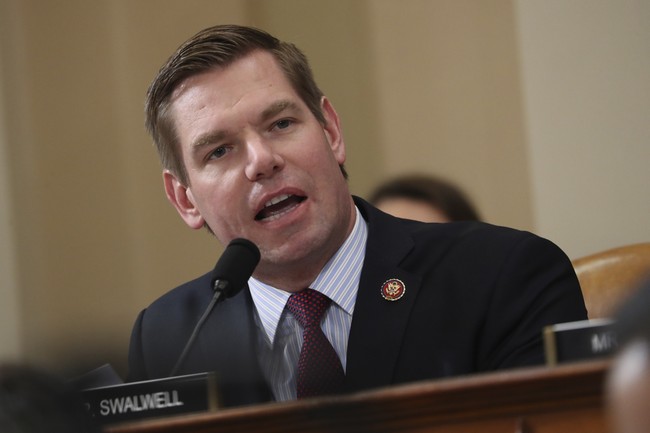The race for California’s governorship intensified as Democratic Congressman Eric Swalwell officially announced his candidacy. With California’s non-partisan primary set to determine the top two candidates, Swalwell’s entry adds to a competitive field, which may lead to a potential showdown against fellow Democrat Katie Porter.
As the campaign unfolds, reactions from voters and political commentators reveal a mixed sentiment regarding the leading candidates. Many express concern that a head-to-head contest between Swalwell and Porter could represent the worst political options the state has faced in recent history. This sentiment is echoed in social media discussions, which often portray the two politicians in a negative light.
Critics describe the situation as indicative of a deeper malaise within the Democratic Party, with some observers suggesting that the party’s popularity is waning. The atmosphere surrounding the race is charged, with comments highlighting personal grievances against both candidates. One commentator remarked, “If ‘yikes’ were people,” referring to the dire choices facing voters.
Campaign Dynamics and Public Perception
The dynamics of the campaign are shaped by Swalwell’s and Porter’s past actions and public personas. Swalwell, known for his role in national politics, has faced scrutiny over his past interactions with a Chinese spy, which adds complexity to his campaign narrative. On the other hand, Porter, a prominent figure in Congress, has garnered attention for her direct approach to political discourse, although not without some controversy.
Voter reaction to their candidacies varies widely. Some describe the potential matchup as reminiscent of a poorly conceived sitcom, with humorous comparisons drawn by social media users. Phrases like “Bangers and Mash” have emerged, mocking their political styles and personal backgrounds. Such commentary reflects a broader discontent among California voters, who feel disillusioned with the current political landscape.
Despite the criticisms, both candidates have their supporters. Some voters appreciate Swalwell’s commitment to progressive policies, while others admire Porter’s emphasis on accountability in government. As the primary approaches, the political narrative will likely evolve, with both candidates needing to address the concerns of a diverse electorate.
The stakes are high for California, a state grappling with significant issues such as housing, climate change, and economic inequality. The outcome of this gubernatorial race may have lasting implications for the Democratic Party as it seeks to regain support among its constituents.
As the campaign progresses, the focus will remain on how Swalwell and Porter navigate their respective challenges and whether they can unite a fractured voter base. With the primary date approaching, California voters will soon have the opportunity to express their preferences in what promises to be a contentious electoral battle.








































































